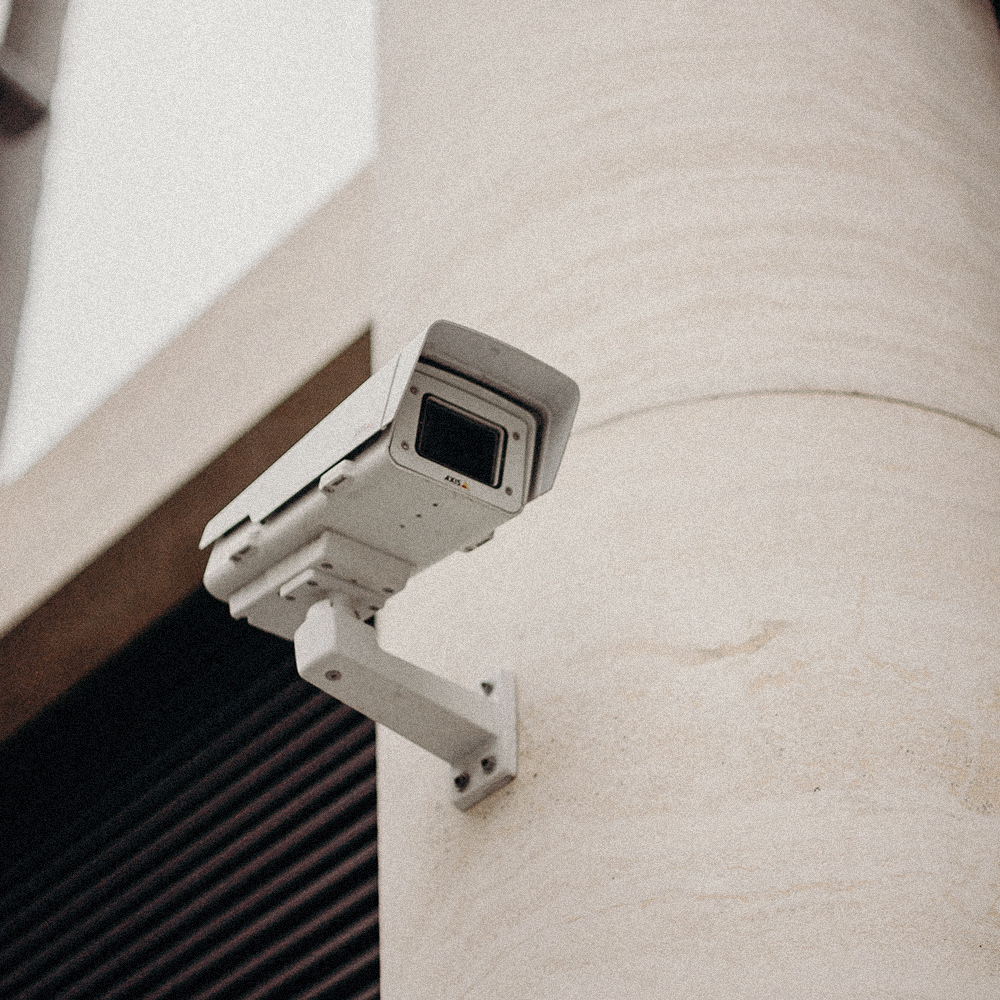Metaverse or meta-averse
But first, let’s take a step back: what is a metaverse? The term is based on the word "meta", meaning “beyond, higher, or through reality” in the Greek language. A metaverse is a virtual 3D environment that consists of several spaces in which you can look around, move, and interact with others using avatars. You can, for example, hang out with friends, play games together, go shopping or attend concerts. In a professional context, the metaverse could be a place to hold your meetings.

Threat to our wellbeing
While this is great, there is a chance metaverses will disrupt our physical social skills and deeply human connections. When I see how many families nowadays struggle with their children’s screen time, my fear is that metaverses can get us even more hooked. China has already acknowledged this as a problem. Last summer, their government decided to allow under-18s only 3 hours a week for gaming.
Designed to escape
Metaverse developers, after all, know that their target market has the urge to escape their – sometimes not so pleasant – reality and change their identity to be able to do things anonymously. One of the tricks is to use handy avatars to allow us to easily assume different roles – with the danger that we slowly lose our real identity in the process.
When everything is possible, this can blur our boundaries.
The metaverse: our personal utopia
The worlds they create is entirely modelled after our personal utopia. In this world, everything is possible and we don’t have to suffer the consequences of our actions. Of course, it is an outlet for our creativity, but our imagination can be seriously distorted. When everything is possible, this can blur our boundaries. Indeed, the first case of sexual harassment has already occurred in the metaverse.

Meta
Last year, with great fanfare, Marc Zuckerberg presented his company’s new name: Meta. The rebranding is an obvious nod to the metaverse: a clear strategic move.
And a smart move too, because in this way, Zuckerberg is creating the perception that Facebook will be the only real metaverse, thereby hopefully overshadowing any other major players. That one-upmanship is greatly needed because Facebook is under a lot of pressure. Plenty of other platforms are gaining ground: many Facebook users play Roblox or Fortnite, and use VR-based social media such as VRChat.
The next big thing
Covid-19 has played a crucial role in this. People are spending more time at home and seeking distraction in better virtual worlds. To safeguard the future of his company, Zuckerberg is only too pleased to let us believe that the metaverse, and in particular his Meta, is the next big thing.
The division between online and offline will blur even more, meaning that logging out of the metaverse will be no easy task.
A new threat to our privacy
With Meta, Facebook is trying to stymie new parties’ entry into the market to further strengthen and expand its monopoly. The Meta moniker also allows it to find a new avenue for privacy-sensitive face-recognition technology. Experimental VR headsets are, for example, already able to capture facial expressions and emotions. Nothing could be more appealing than letting us make a full digital twin of ourselves and reconstruct our entire physical living environment in a virtual world.
And therein lies the rub. Because any data that is currently lacking, we will serve on a platter, to the detriment of our own privacy. This extra data guarantees existing income streams for Meta and offers new advertising possibilities, such as metaverse billboards with personalised ads.

Digital prison
The next step - a new kind of digital prison - no longer looks very far away. It is an environment with almost permanent online surveillance, controlled by a private company; a virtual space where every movement is recorded, and from which it’s difficult to escape. After all, we will have spent some time building our virtual lounge and metaverse presence. And thanks to peer pressure, it will not be easy to leave friends - who we go to events with and play games with - in the lurch. In the end, just like in the real world, we want to belong. The division between online and offline will blur even more, meaning that logging out of the metaverse will be no easy task.
Upper hand over the physical world
Is this really the path we want to go down? Do we want to allow virtual environments to take the upper hand over our primary world with deep human interaction – especially now that we know the former is harder to regulate – let alone allow one single company to take the reins? When we think about the drastic consequences, is this really what we want?
In the future, we will have to learn to cope with these dangers. The challenge for both people and governments will reside in making the metaverse a safe environment to be in. This calls for debate – not least to ensure that young people don’t lose and alienate themselves in it.
Life can’t always be a constant party. Learning to cope with small or major mishaps is part of life, and escaping to an ephemeral ideal world controlled by commercial businesses is not the solution. Neither is making a virtual copy of yourself, it is important to evolve as a real person, through all of life’s ups and downs, to a better version of yourself who lives in the here and now.
Should you go meta?
Will the metaverse play an important role for your business? Should you capitalize on the opportunities of this next step in digital? Feel free to reach out for a chat with our innovation specialists. We gladly help you navigate these digital evolutions.


